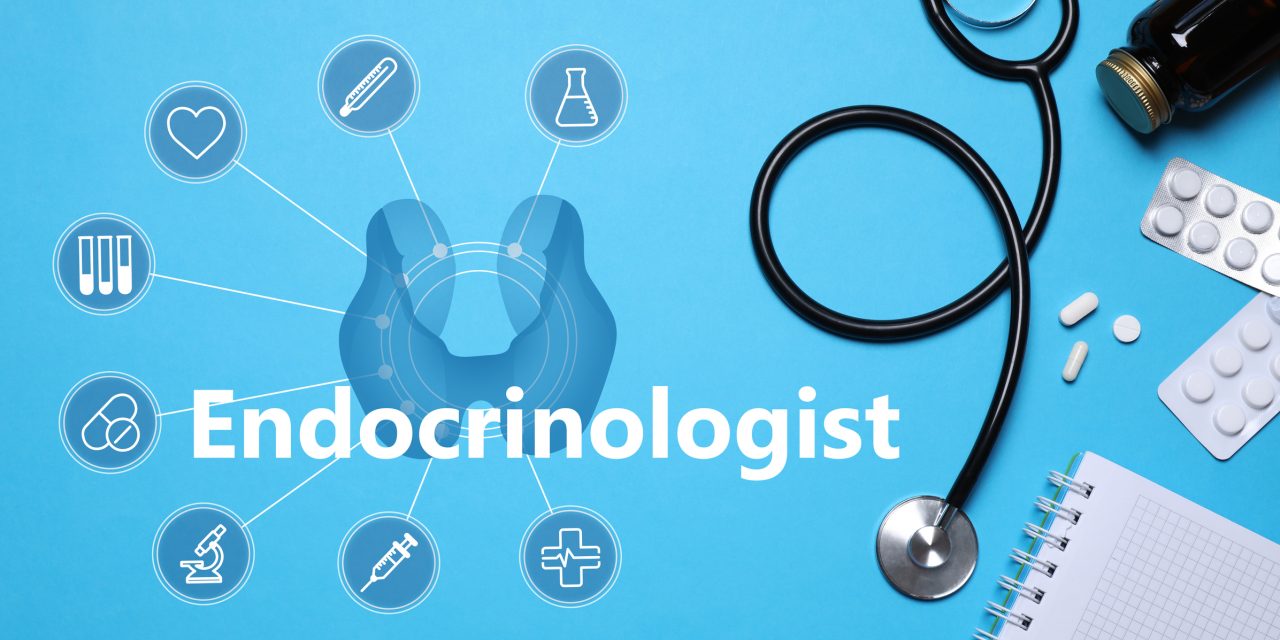Obesity is rapidly becoming one of the world’s most critical health care concerns. Comorbidities accompanying excess weight include cardiovascular disease, diabetes, and certain cancers. These comorbidities result in greater hospitalization and other health care-related costs. Economic impacts are likely to be felt more acutely in developing countries, where obesity rates continue to rise, and health care resources are already insufficient. Some of the more effective treatments are invasive and expensive surgeries, which some economies of the world cannot afford to offer to a broad population. Pharmacological therapies are needed to supplement treatment options for patients who cannot, or will not, undergo surgical treatment. However, the few drug therapies currently available have either limited efficacy or safety concerns. A possible exception has been glucagon-like peptide-1 analogs, although these have shown a number of adverse events. New drug therapies that are safe and produce robust weight loss are needed.
Herein, we review the role of growth differentiation factor 15 (GDF15) in feeding behavior and obesity, summarize some of the new and exciting biological discoveries around signaling pathways and tissue sites of action, and highlight initial efforts to develop GDF15-based therapies suitable for inducing weight loss in humans.
Within the last several years, great strides have been made in understanding the biology of GDF15. Recent developments include identification of an endogenous receptor, biological localization of the receptor system, impact on energy homeostasis, and identification of molecules suitable for administration to humans as anti-obesity treatments. New and exciting research on GDF15 suggests that it holds promise as a novel treatment for obesity as new molecules are progressing towards clinical development.
Copyright © 2020 The Author(s). Published by Elsevier GmbH.. All rights reserved.
Growth differentiation factor 15 as a potential therapeutic for the treatment of obesity.


